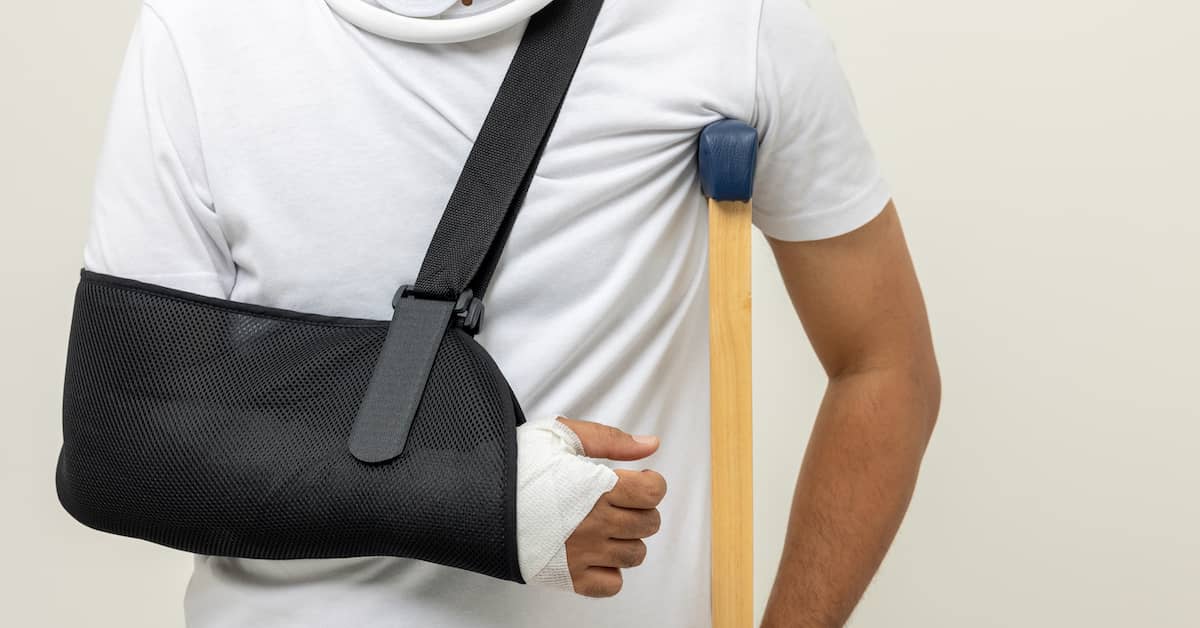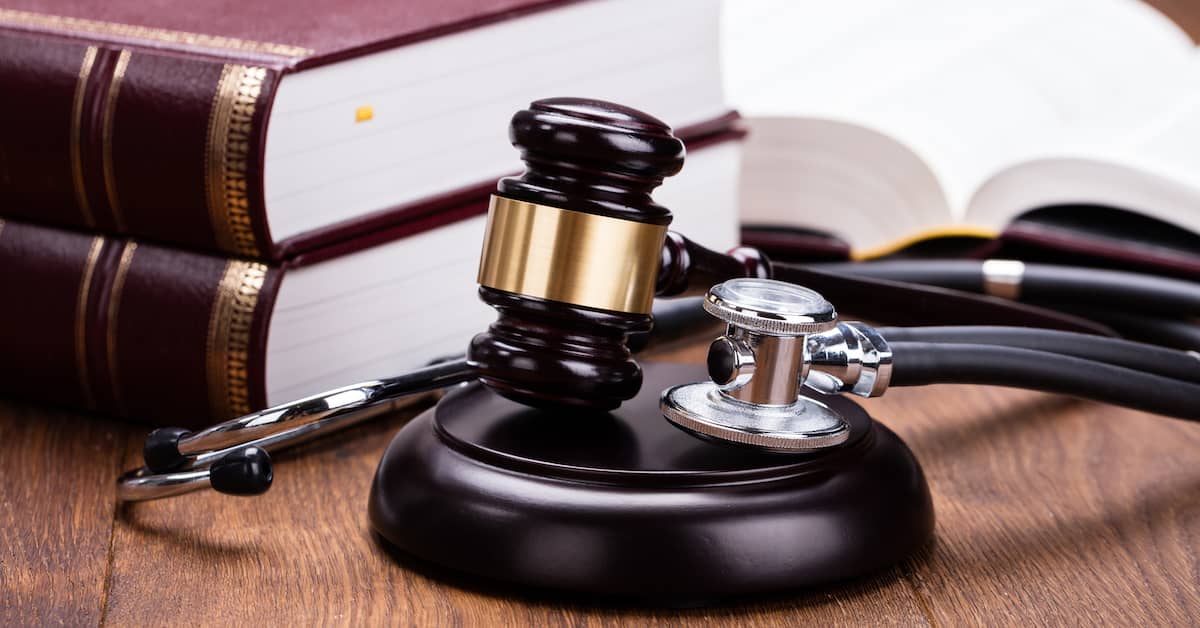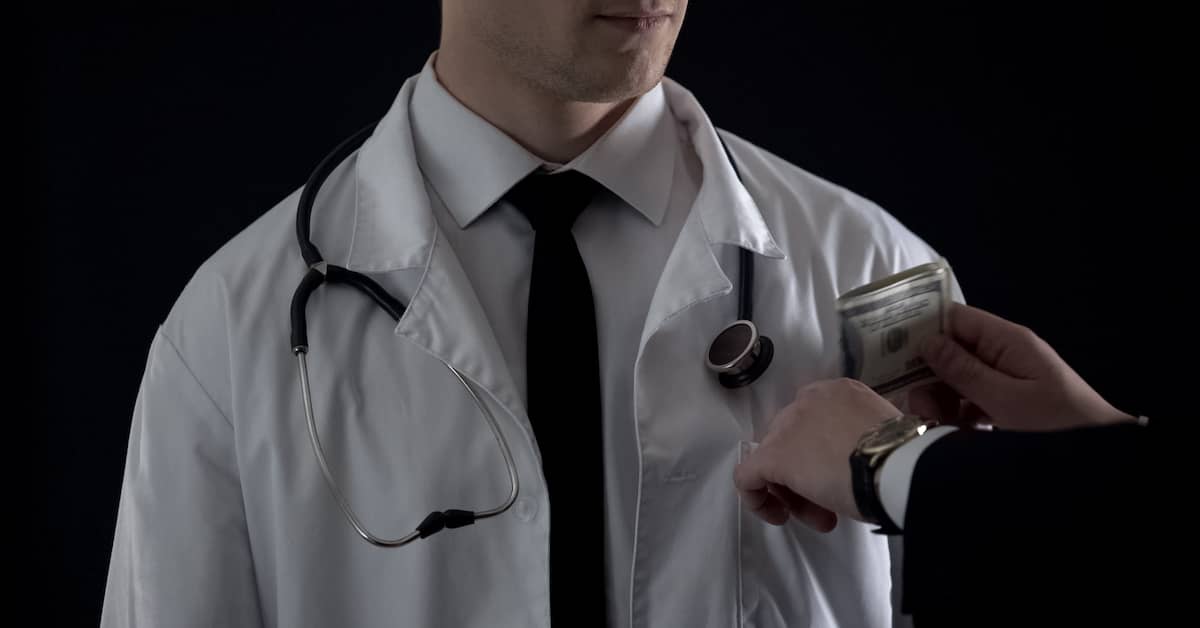What Is the Most Common Premises Liability Injury?
If you’ve suffered a premises liability injury, you’ll likely have had a slip and fall accident. However, there are several other injuries and accidents involving premises liability that could impact you. Understanding more about these types of accidents and the resulting injuries can help you should you ever need to seek compensation for your losses.
Premises liability law holds property owners and occupiers responsible for accidents and injuries that occur on their property. This area of law is crucial for ensuring the safety and well-being of visitors and patrons. Consulting a premises liability lawyer following an incident on another’s property will be in your best interest should you need to pursue compensation from the liable party.
The premises liability injury attorneys at Colling Gilbert Wright are devoted to finding justice for their clients. Call (407) 712-7300 today to schedule a FREE case evaluation. We proudly serve our neighbors in Orlando and throughout Florida.
What Is Premises Liability?
Premises liability involves the legal principles that property owners and occupiers must adhere to in order to prevent harm to those on their property. The extent of their responsibility can vary based on the status of the visitor—whether they are invitees, licensees, or trespassers. The core of premises liability law is that property owners must maintain a reasonably safe environment to prevent injuries.
Types of Premises Liability Accidents & Associated Injuries
Slip & Fall Accidents
Slip and fall accidents are among the most common types of premises liability cases. These incidents typically occur when a person slips or trips on an unsafe surface, leading to a fall.
Common causes include:
- Wet floors
- Uneven surfaces
- Poor lighting
- Loose carpeting
- Hidden hazards like a small step or a hole
Injuries from slip and fall accidents can range from minor to severe. They may include:
- Broken bones
- Head injuries
- Spinal cord injuries
- Traumatic brain injuries
- Lacerations
Identifying liable parties in slip and fall cases can vary based on the accident location and circumstances. Property owners, business proprietors, or municipal entities can be held responsible if it’s proven that they neglected their duty to maintain a safe environment.
For instance, a store owner might be liable if a customer slips on a wet floor without proper signage, or a city could be responsible for a pedestrian’s injury due to poorly maintained sidewalks. Liability often rests on proving that the property owner or manager was aware or should have been aware of the hazardous condition and failed to rectify it (Florida Statutes § 768.0755).
Swimming Pool Accidents
Swimming pool accidents can include drowning or near-drowning, slip and fall accidents on wet surfaces, diving board accidents, and injuries due to malfunctioning pool equipment or inadequate pool maintenance. Children are particularly at risk for these types of accidents.
Injuries in swimming pool accidents can range from minor bruises or cuts to more serious outcomes, including:
- Head injuries
- Brain damage
- Spinal injuries
- Fatal drowning
Liability for these accidents can be complex and often depends on the ownership and location of the pool. Homeowners, hotel operators, or public facility managers can be held liable, particularly if negligence in maintaining the pool area or inadequate safety measures contributed to the accident. This might include failing to secure the pool area with proper fencing, not having lifeguards on duty (if required), or not adhering to safety regulations for pool maintenance and operation (§§ 514.0315 & 515.27–515.31).
Elevator & Escalator Accidents
These incidents occur due to malfunctions or improper maintenance of these mechanical transportation devices. Common scenarios include:
- Sudden stops
- Falls caused by misaligned or malfunctioning escalator steps
- Doors closing improperly
- Elevator cars dropping or halting abruptly
Injuries from elevator and escalator accidents can include:
- Bruises, cuts & sprains
- Fractures
- Amputations (especially in escalator accidents)
- Head injuries
- Spinal injuries
- Fatal injuries
Responsibility for elevator and escalator accidents often lies with property owners, managers, and maintenance companies. Property owners have a duty to ensure these devices are regularly inspected and maintained in safe working order (Elevator Safety Act § 399). These parties could be held liable if an accident occurs due to a mechanical failure or lack of proper maintenance. Additionally, if a manufacturing defect caused an incident, the elevator or escalator manufacturer could also be held responsible.
Dog Bites
Individuals can be bitten or attacked by a dog in public spaces like parks and sidewalks or private property, including the dog owner’s home. Scenarios include unprovoked attacks, bites during interaction with an unfamiliar dog, or a dog reacting out of fear or protection of their territory.
Injuries from dog bites can include:
- Minor cuts & bruises
- Severe lacerations
- Puncture wounds
- Tissue damage
- Nerve damage
The risk of infection from a dog bite is high, and victims may require medical treatment for rabies or tetanus. Emotional trauma, especially in children, is also a significant concern after a dog bite incident.
In most cases, the dog owner is held liable for injuries caused by their pet. Under Florida law (§ 767.01), dog owners are typically responsible for any harm their dog inflicts, regardless of the dog’s previous behavior or the owner’s knowledge of any aggression. There are exceptions, such as when the victim was trespassing or provoking the dog.
In some instances, property owners or landlords may also share liability, particularly if they were aware of a dangerous dog on their property and did not take steps to mitigate the risk. Determining liability in dog bite cases often requires an understanding of local laws regarding pet ownership and responsibility.
Negligent Security
Negligent security is a type of premises liability where a property owner fails to provide adequate security measures, leading to a person being injured on the property. This can occur in various settings, including:
- Parking lots
- Shopping centers
- Apartment complexes
- Nightclubs
Common scenarios include inadequate lighting, lack of security personnel, faulty security equipment (like broken locks or non-functional surveillance cameras), or failure to respond to known security threats.
Victims of negligent security incidents may suffer from physical assaults, robbery, or even more severe crimes like sexual assault. The injuries can be both physical (such as bruises, cuts, or worse) and psychological, including anxiety and post-traumatic stress disorder (PTSD).
Property owners and managers are typically responsible for ensuring their premises are safe from foreseeable harm, including criminal activities (§ 812.173). If it’s proven that they failed to take reasonable measures to secure their property, they can be held liable. For example, a nightclub owner who does not employ security personnel despite a history of violent incidents may be held responsible for injuries a patron suffers due to an assault.
Fires or Explosions
Fires and explosions on premises can result from various factors, including:
- Electrical faults
- Gas leaks
- Improper storage of flammable materials
- Failure to comply with fire safety regulations
These incidents can occur in residential buildings, commercial properties, industrial sites, and even public venues.
Injuries from fires or explosions are often severe, ranging from burns of varying degrees to respiratory injuries due to smoke inhalation. Victims may also suffer from traumatic injuries caused by the blast, such as lacerations, broken bones, or head trauma. The psychological impact, including post-traumatic stress disorder (PTSD), can also be significant.
Determining liability in fire or explosion accidents involves investigating the cause of the incident. Property owners, landlords, or management companies could be liable if negligence in property maintenance or violation of fire safety norms is found (Florida Fire Prevention Code § 633.202). In cases where the fire or explosion resulted from defective products (like a malfunctioning appliance), the manufacturer could also be held responsible.
A thorough investigation by fire experts, building safety inspectors, and legal professionals is essential to establish the cause and identify liable parties.
Falling Objects
Falling object incidents typically occur when items are improperly secured or stored, leading to them dropping from a height. These accidents are common in areas like construction sites, retail stores with high shelving, and office buildings undergoing renovations. Even in homes, objects falling from shelves or cabinets can cause injuries.
The injuries from falling objects can range from mild to severe, depending on the weight of the object and the height from which it falls. Common injuries include:
- Head injuries
- Concussions
- Lacerations
- Bruises
- Broken bones
- Traumatic brain injuries
- Spinal injuries
In these cases, liability often rests with property owners, employers, or contractors, depending on where the incident occurred. For instance, in a retail setting, the store management could be liable for not ensuring that items on high shelves are safely stored. The contractor or construction company could be liable for not adhering to safety protocols on construction sites. In rental properties, landlords could be responsible if the falling object was due to poor maintenance or building conditions.
Identifying the liable party(ies) requires a thorough investigation into safety practices and adherence to regulations at the accident site. Additionally, the assistance of a premises liability lawyer will be invaluable. They have experience in all types of premises liability injury and understand what to look for and the complexities of liability.
Read More: What Types of Cases Do Premises Liability Lawyers Handle?
Why Should I Consult an Attorney in My Premises Liability Claim?
After being injured in an unforeseen accident, you will be handling a lot. Simply healing and getting back to the life you lived before this sudden intrusion will be challenging enough. Add to that the stress of growing medical costs and the confusion of dealing with complex laws and aggressive insurance companies, and it’s nearly unbearable.
When dealing with a premises liability injury, the role of a dedicated attorney is to help in:
- Determining Liability: Establishing who is at fault, whether it’s a property owner, a leasing agent, or a maintenance company.
- Understanding Local Laws: Navigating the specific Florida statutes and case law relevant to premises liability.
- Gathering Evidence: Collecting necessary evidence to support your claim, such as accident reports, witness statements, and medical records.
- Negotiating with Insurers: Dealing with insurance companies to ensure a fair settlement is reached.
- Guiding You Through the Process: Ensuring you have a knowledgeable and caring guide through every step of your claim.
The premises liability lawyers at Colling Gilbert Wright are devoted to their clients. We will do everything we can to pursue the compensation you deserve in your case. Additionally, we will walk the whole way there with you, keeping you up to date on every development and explaining the intricacies of the law when necessary.
Contact a Premises Liability Injury Attorney Today!
Premises liability injury cases can become complex, particularly when proving negligence and causation. An experienced attorney understands the nuances of these cases and can effectively advocate for your rights.
If you or a loved one has been injured on someone else’s property, reaching out to a knowledgeable premises liability lawyer can provide the guidance and representation necessary to navigate your claim. The attorneys at Colling Gilbert Wright are equipped to handle your claim, ensuring you pursue every avenue to the compensation and justice you deserve.
Contact us today to schedule your FREE consultation.








